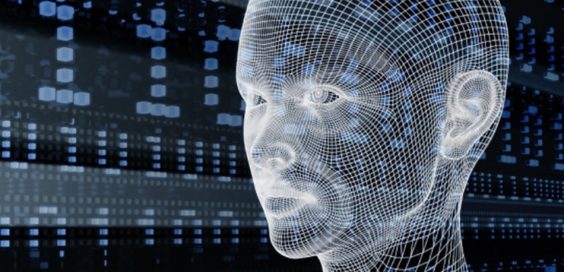Why Artificial Intelligence Remains Artificial
Written by Mel // June 23, 2016 // Business // Comments Off on Why Artificial Intelligence Remains Artificial

If you’ve watched those episodes of the Big Bang Theory and even the Boondocks in which Apple’s Siri is featured, actually going on to use the personal assistant software will likely leave you quite bitterly disappointed. I’m not even talking exclusively to users who try to engage Siri by feeding in commands with a British, Australian, or South African English accent. It’s just that the reality of what is a prime example of what’s considered to be artificial intelligence is not quite at the level we may have thought it would be. For all the advancements Artificial Intelligence (AI) has made, it remains artificial for a number of reasons.
Machine Language
The reason why AI can never seemingly become “true” intelligence is the fact that it basically all comes down to machine language, which in its simplest form is a series of binary digits where 1 represents on and 0 represents off. As programming languages get more sophisticated and are developed to represent a way to feed in instructions which are more like a human-readable language, the fundamentals still go right back down to machine language. The computer only really understands 1’s and 0’s and even then, “understand” is used rather loosely. It can still do quite a lot even with this limitation, with AI text to speech being used in multiple ways for businesses and personal needs, so its limits are not low.
So as much as programmes such as Siri appear to be very intuitive and well, intelligent, the reality is that lots of programmatic instructions have to be fed into them so that they model something close to the reality of an intelligent being.
Consciousness
In many respects what you see in those futuristic sci-fi movies is indeed a window into the future. A lot of what seems like insane ideas actually goes on to become a reality as time goes by. With regards to how Artificial Intelligence is depicted though, we’re yet to have a robotic uprising, with the rise of the machines represented by something like a stack of servers braking out of their storage cages to assume the form of some intelligent processor-driven metallic beings ready to take over the world. As intuitive as computers and their programmes appear to be, they lack the consciousness which effectively forms a key ingredient of what constitutes organic intelligence. They lack instinct and the most gifted of programmers would still essentially have to type up as many algorithms as they can to try and model consciousness and instinct. It will always go right back down to a set of instructions which are compiled into machine language, even if a specific flavour of AI like Siri has all the search results of the Google search engine at its disposal.
The final missing piece of what makes up organic intelligence, which again is out of the reach of artificially created intelligence, is creativity. A tune made by a computer is nothing more than one of many iterations through the different ways of arranging musical notes or tones. At some point this type of number-slotting will yield something close to what sounds like some good music, but it’s just a matter of cycling through many permutations and then sifting through the results.
If I had to sum it all up in one line, I’d say that Artificial Intelligence remains artificial because the moment it becomes real, we wouldn’t be able to tell the difference between organic intelligence and artificial intelligence. For now though we can still tell the difference – and there’s still a very big difference.


